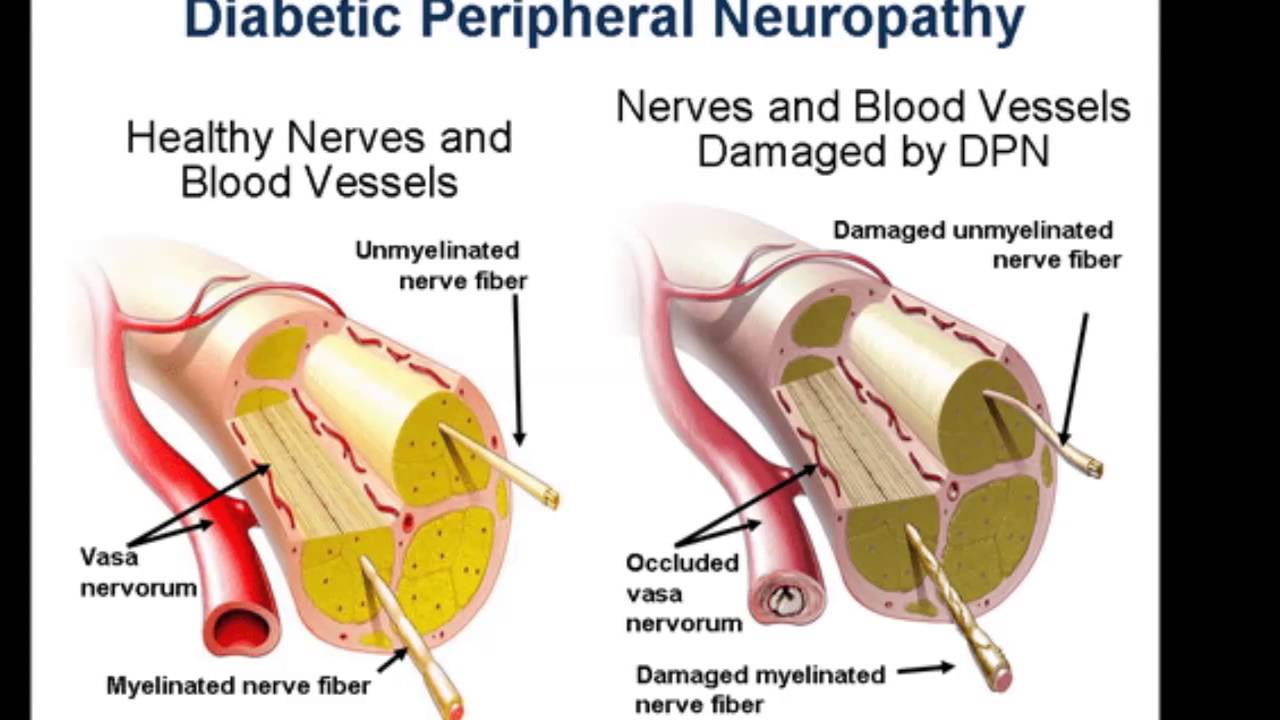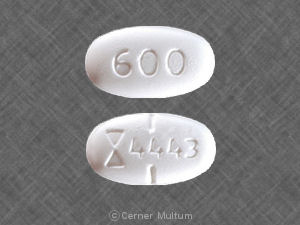What is Diabetic Peripheral Neuropathy: A common complication of diabetes mellitus in which nerves are damaged as a result of hyperglycemia (high blood sugar levels)

Not many people are aware of the medical condition that is known as Diabetic Neuropathy however more and more people are being diagnosed with having it, and if you have been recently diagnosed with Diabetic Neuropathy then you will need to start to take drug to help manage and control that condition.
Causes of Neuropathic Pain
Exposure to drugs, alcohol, toxins Neuropathic Pain Surgical procedures/ Amputation Traumatic Nerve injury/ compression Metabolic disturbance Viral infection Neuropathic pain is a disease, like myocardial infarction is a disease. Myocardial infarction may be caused by smoking, or hypertension, or diabetes. Multiple different things contribute to the cause of myocardial infarction, but myocardial infarction is the disease. Similarly, neuropathic pain is a disease, and this slide shows many of the different conditions that can result in neuropathic pain.
But the pain is nonprotective. It is something that persists and behaves separately as a disease itself. Cancer related (disease or treatment Vascular related neurodegenerative Nutritional deficiency
The best drug you can take is the fast acting Gabapentin and one of the main reasons why many people who do have Diabetic Neuropathy will take that drug is that it is not only fast acting as mentioned but it is also a very low cost drug to purchase too.
Drugs associated with Diabetic Peripheral Neuropathy
If you do want to take Gabapentin to treat diabetic neuropathy then please do be aware there can be some side effects, and before you make a purchase of Gabapentin you will be best advised to find out what the side effect of Gabapentin when taking it to treat diabetic neuropathy, and if at any time you start to experience any of those side effects then please seek the advice of a Doctor or a medical professional.
Pharmacologic Treatment for Neuropathic pain
Lidocaine patch 5%, capsaicinOpioidsOxycodone, Tramadol, Fentanyl, Morphine, HydrocodoneAntidepressantsTricyclic AntidepressantsAmitryptiline, Nortryptiline, Desipramine, Imipramine, DoxepinSelective Noredrinaline reuptake inhibitorsDuloxetine, VenlafaxineAnticonvulsantsCarbamazepine, Valproate, Lamotrigine, Topiramate, Gabapentin, Pregabalin
